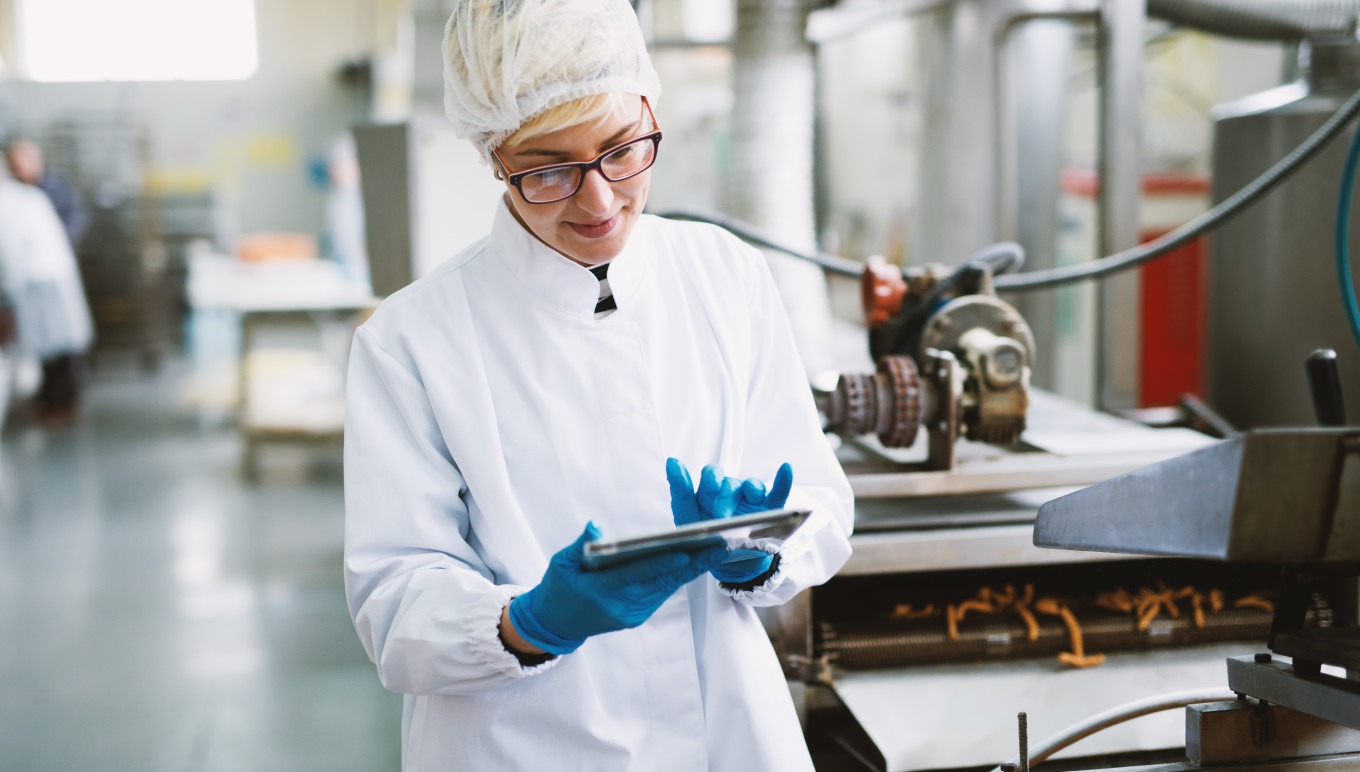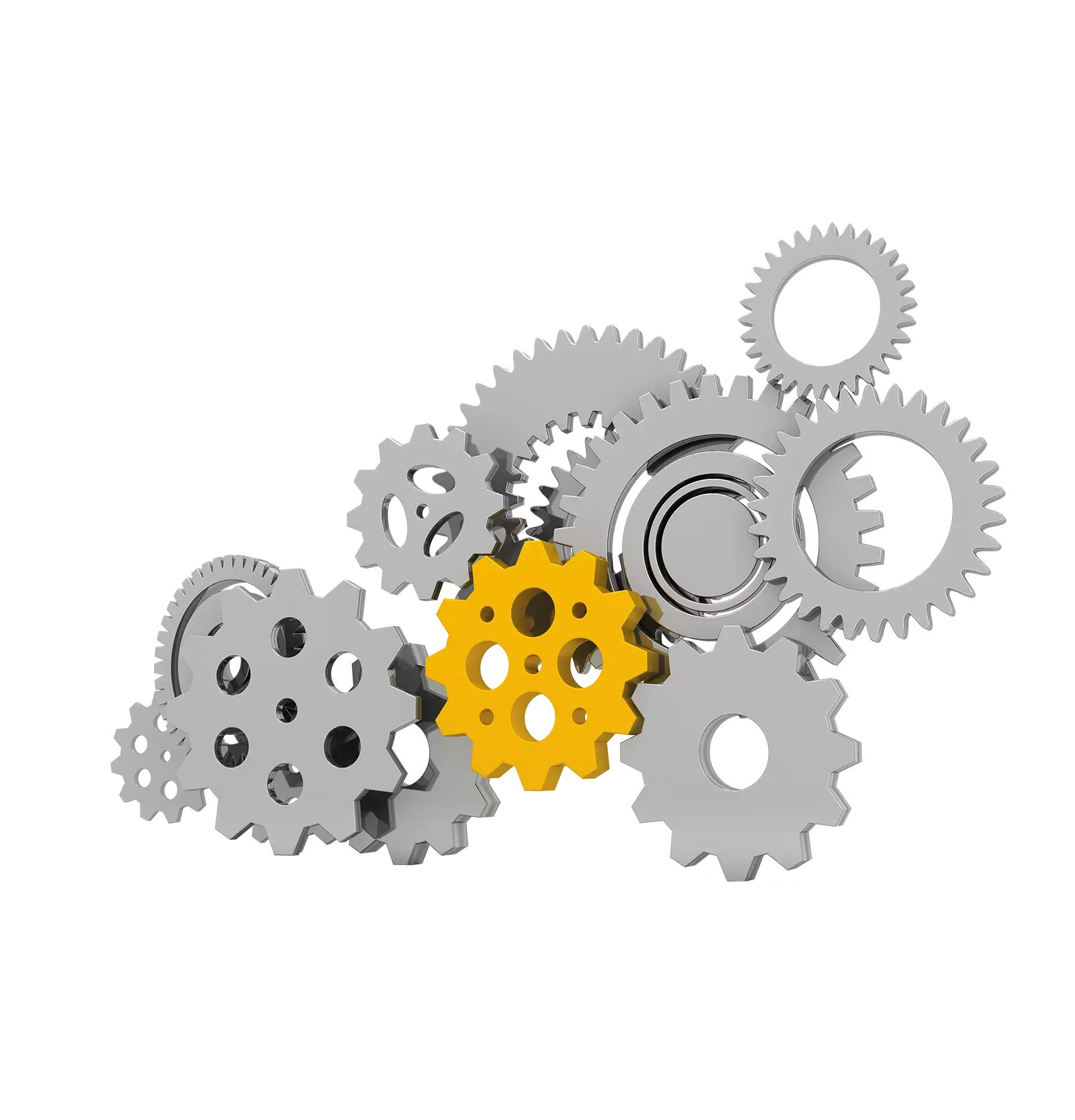Processors and Manufacturers in the Food and Beverage Industry – What’s the Difference?
Processors and Manufacturers in the Food and Beverage Industry – What’s the Difference?
Processors and Manufacturers in the Food and Beverage Industry – What’s the Difference?

Have you ever paused to wonder why some food and beverage businesses are called “processors,” while others are referred to as “manufacturers”? Are you curious as to what the differences between the two classifications are and what they really mean?
If so, you’re not alone. The two terms are frequently used interchangeably, when in fact there are some important distinctions between the nature of processing and manufacturing operations. That being said, they also share many aspects and key considerations—it’s in the details and nuances that their unique characteristics emerge.
In this post, we’ll explain just what sets food and beverage processors apart from manufacturers, and vice versa. We’ll also discuss how our purpose-built enterprise resource planning (ERP) solution—Aptean Food & Beverage ERP—is designed to serve both kinds of company with a full suite of powerful features.
Defining the Practices of Processing and Manufacturing in the Food and Beverage Industry
What truly separates processors and manufacturers is where they’re involved in the journey of bringing any given product to market, as well as the end results of their processes. In most instances, processors precede manufacturers in the timeline due to the nature of their goods.
Processors engage in what could be thought of as “first level” manufacturing. They take raw materials and turn them into refined, specialized ingredients to be used by manufacturers—think of a business that makes tomato paste from fresh tomatoes, and you’ve got a perfect example.
Manufacturers are the next step in the supply chain, as they conduct “second level” manufacturing by using specific ingredients made by processors and combining them to create a more complex product. Building on our previous scenario, a company that purchases tomato paste from a processor and mixes it with other components to make jarred spaghetti sauce fits into this category neatly.
For both varieties of business, food safety, traceability, regulatory compliance, sales and profitability are critical for success. Processors tend to be more concerned about fluctuating market costs, as they must procure materials that are grown or harvested and therefore must deal with the effects of supply and demand on their prices.
Manufacturers, on the other hand, have more fixed costs for which they must account. Packaging, transportation and marketing are of more concern, as their items roll off the line more or less ready for store shelves.
One final note for clarification—within the world of manufacturing, you’re likely to hear about both “process” and “discrete” manufacturers, but don’t let the use of the term process lead you to think that either is a kind of processor. Both of these types of company are indeed manufacturers.
The difference is that process manufacturing involves the use of formulas and batches to create products that cannot be separated into their constituent parts later, whereas discrete manufacturing is the production of goods that can be disassembled into the individual components on their associated bill of materials.
How Aptean Food & Beverage ERP Serves Both Processors and Manufacturers
First, for those unfamiliar with ERP software, a little explanation is in order. “Enterprise resource planning” is defined as the integrated management of all business activities, from purchasing, supply chain visibility, inventory management and production to accounting, project management, human resources and marketing.
As such, ERP systems are built to be all-in-one platforms for enhancing organization-wide effectiveness, whether your operations focus on processing or manufacturing. Said solutions make all of your employees’ core responsibilities simpler, more streamlined and fully interconnected—with an ERP in place, everyone acts from a “single source of truth,” a shared database that keeps all involved on the same page with regards to vital information.
Speaking of, Aptean’s food ERP takes that a step further by integrating with most varieties of electronic equipment so that your facts and figures can be updated in real time. That helps with those matters that are crucial for both processors and manufacturers alike that we listed above, especially traceability and compliance.
Our offering also has dedicated features for quality assurance, process efficiency, financial analytics and more. From managing your materials’ expiration dates to minimize losses through spoilage and tracking allergens bi-directionally along your supply chain, the software “has your back” in terms of ticking off all the checkboxes and ensuring your products meet the high expectations of your supply chain partners and today’s shoppers.
One final advantage of Aptean Food & Beverage ERP to consider is the availability of flexible cloud deployments via a software as a service (SaaS) model. This gives food and beverage companies a scalable and fully configurable foundation with robust IT support, redundant offsite servers and lock-tight cybersecurity for peace of mind and confidence moving forward.
Now, if you’re ready to learn more about Aptean and what we can do for your food and beverage processing or manufacturing company, contact us today. We’re also happy to host a personalized demo to show off the solution in action.
Dealing with Disruptions in the Food and Beverage Industry
Disruptions are increasingly common in the food and beverage industry. Learn how ERP technology can help you tackle these challenges.



 Jack Payne | Vice President, Product Management & Solutions Consulting
Jack Payne | Vice President, Product Management & Solutions Consulting